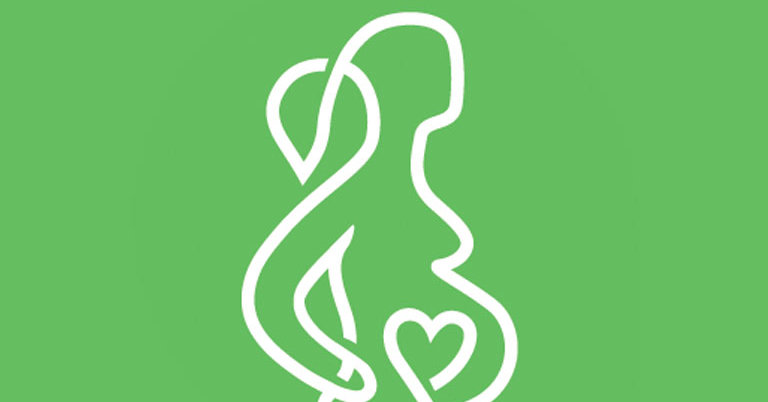
Premature birth increases the risk for chronic kidney disease later in life, a new study reports.
Researchers used a database of 4,186,615 singleton live births in Sweden from 1973 to 2014, following the people into mid-adulthood. The analysis, in BMJ, found 4,305 cases of chronic kidney disease.
Birth before 37 weeks of gestation was associated with nearly double the risk for kidney disease, and birth before 28 weeks with triple the risk. There was a slightly increased risk for babies born at 37 to 38 weeks, a time considered nearly full term. The researchers calculated that for each week of prematurity, the risk for chronic kidney disease increased by 4 percent.
The study controlled for many maternal health and behavioral characteristics, and the increased risk was not found in the full-term siblings of premature babies who developed kidney disease. This suggests that environmental or genetic characteristics do not explain the difference.
“Although the absolute risks are low, people who are born prematurely still have increased susceptibility to kidney disease,” said the lead author, Dr. Casey Crump, a professor of family medicine at the Icahn School of Medicine at Mount Sinai. “These finding show that people born prematurely need long-term monitoring, and must be particularly careful to try to avoid hypertension, diabetes and the heavy use of anti-inflammatory medicines, which are all risk factors for kidney disease.”

